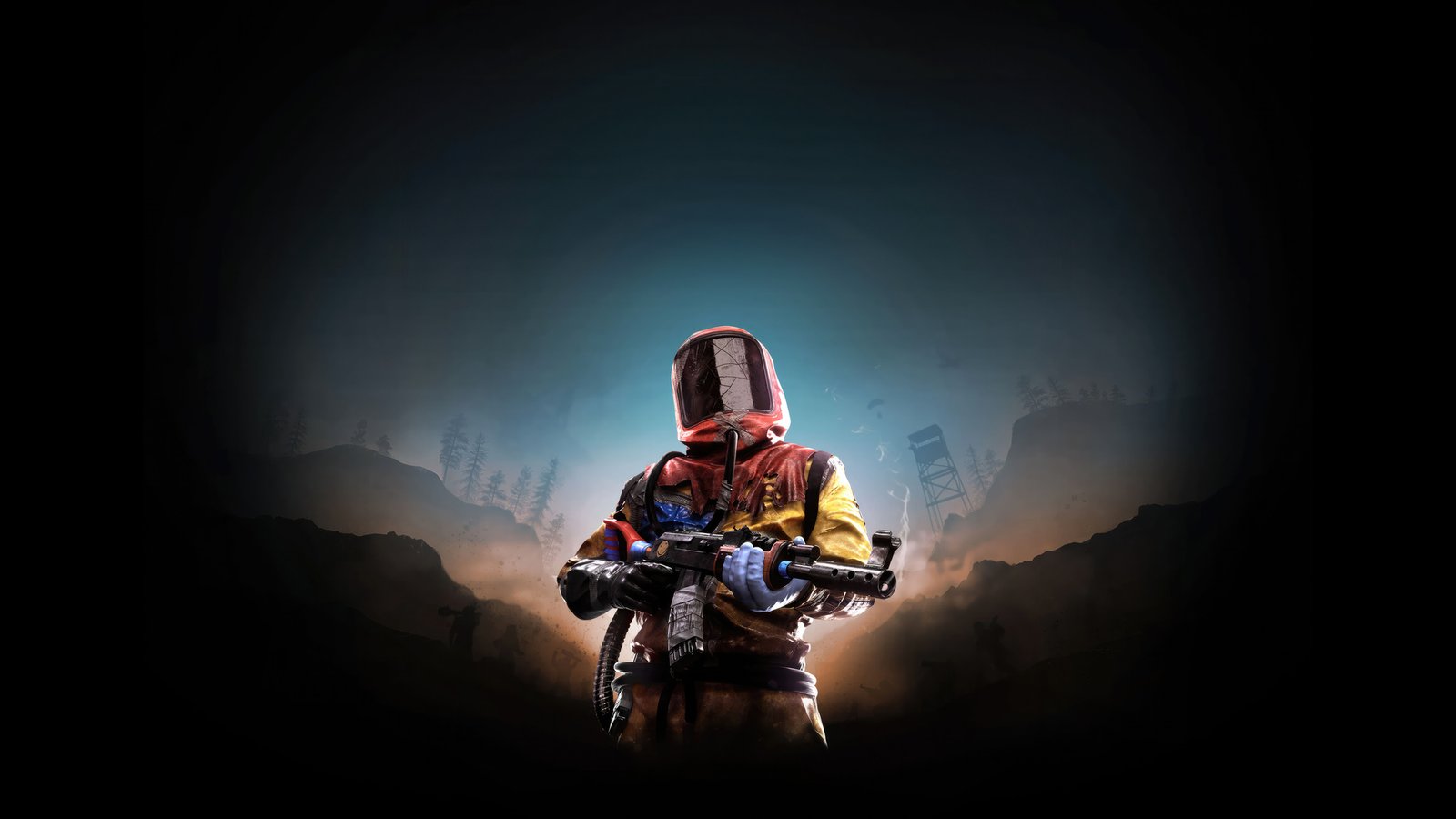Why Rust is the Perfect Example of a "Social Experiment" in Gaming

Rust isn’t just a survival game - it’s a playground for human nature. With no rules beyond survival, every interaction is a gamble between trust and betrayal. It’s a raw, unscripted experiment in how people behave when given total freedom.
No Rules, Just Consequences
Unlike other multiplayer games, Rust doesn’t enforce fair play. There are no built-in mechanics to punish betrayal, meaning deception and manipulation are just as viable as cooperation. Whether players work together or turn on each other is entirely up to them, creating an unpredictable and often brutal environment.
Trust is a Temporary Currency
In Rust, trusting the wrong person can cost you everything. Players often form alliances out of necessity, only to be betrayed when they least expect it. But that’s what makes the rare moments of real trust so rewarding. You never know whether an ally will become your greatest asset—or your worst mistake.
Raiding, Revenge, and Diplomacy
Raiding in Rust isn’t just about stealing loot; it’s about dominance. Entire wars can break out over the smallest slights. But not everything is chaos - players also engage in diplomacy, negotiate truces, and even establish makeshift governments. These ever-shifting power dynamics make Rust feel like a living, breathing world.
The Experiment Never Ends
Every session in Rust tells a different story. One day, you’re the hero, helping a stranger survive; the next, you’re the villain, raiding their base while they sleep. It’s a game that constantly forces players to decide: will they build, betray, or band together? And that’s what makes Rust one of the most fascinating social experiments in gaming.









